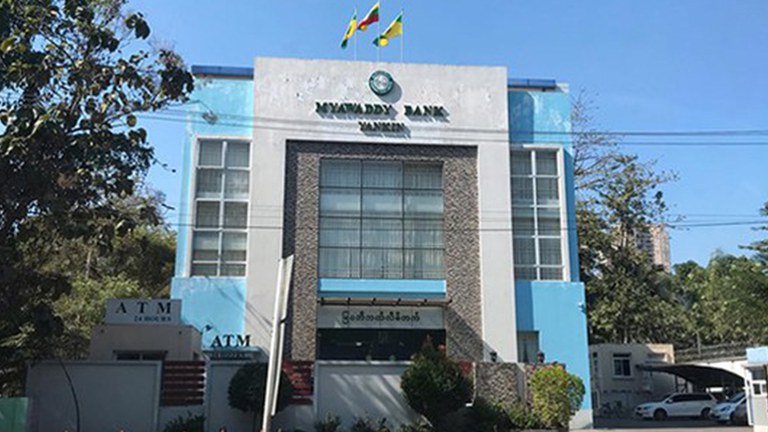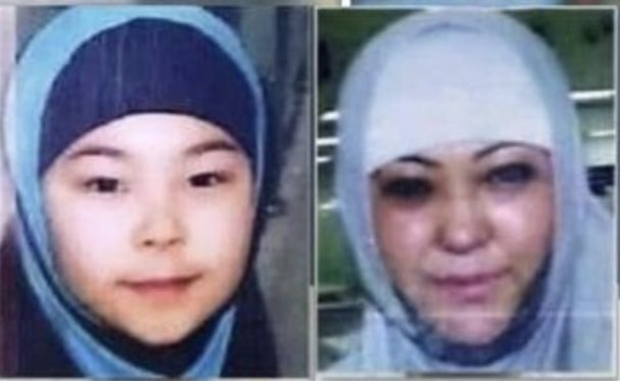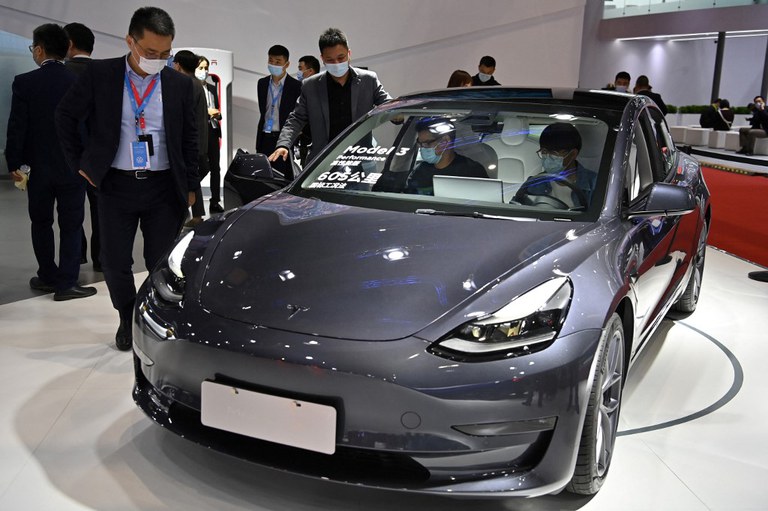Hong Kong pollster ‘had no choice’ but to leave city amid crackdown on dissent
An outspoken public opinion researcher who recently left Hong Kong for the U.K. did so after being questioned under the national security law, which has sparked a city-wide crackdown on public dissent and political opposition to the ruling Chinese Communist Party (CCP). Chung Kim-wah, deputy chief executive of Hong Kong’s Public Opinion Research Institute (PORI), announced he had left the city on April 24, to “live for a while in the U.K.,” he said in a Facebook post at the time. He told the Ming Pao newspaper at the time that he had been “invited for a chat” by the authorities in connection with a draconian national security law imposed on Hong Kong by the CCP from July 1, 2020. “It wasn’t just one time, either,” he told the paper. “People were telling me that I was in a lot of danger, if they were even going after Allan Au.” Au, a former TVB News producer and former RTHK radio show host who also wrote columns in Stand News and the Ming Pao, was taken away from his home in Kwai Chung on April 11 on suspicion of “sedition” under colonial-era laws. Au’s arrest for “conspiring to publish seditious material” came after his sacking from RTHK in June 2021 as the government moved to exert editorial control over the broadcaster. In a Facebook post announcing his departure, Chung said he didn’t want to “desert” his home city, but “had no other option.” Sources told RFA that Chung was initially interviewed by the authorities early in December 2021, as the authorities geared up to run the first-ever elections for the Legislative Council (LegCo) to exclude pro-democracy candidates in a system that ensures only “patriots” loyal to Beijing can stand. Followed at the airport Chung’s questioning came after he was criticized by pro-CCP figures for including a question about whether voters intended to cast blank ballots in the election, which they said could amount to “incitement” to subvert the voting system under the national security law. Simon Peh, commissioner of the Independent Commission Against Corruption (ICAC), said at the time that the agency was “looking into” whether or not HKPORI had broken the law. Chung later said he suspected he was being followed at the airport as he boarded a plane to leave the city. “There was a guy sitting in the corner the whole time who I had also seen at the front of the main entrance hall … and there were people [by the boarding gate] who weren’t passengers checking their phones and sending messages,” Chung wrote on his Facebook page after arriving in the U.K. “It was clear that they were all from the same troop … I don’t know who they were, maybe scouts or spies,” he wrote. “Members of the same species were all over the place.” Chung described a near-deserted airport full of empty waiting rooms, with only around 10 out of around 80 boarding gates in Terminals 1 and 2 in visible use. The CCP-backed Ta Kung Pao and Wen Wei Po news site described Chung’s departure in an April 25 report as “fleeing Hong Kong for fear of his crimes.” It once more referred to PORI’s question about blank ballots, as well as the fact that Chung was questioned by police in connection with a 2020 democratic primary that later resulted in the arrests of 47 former lawmakers and pro-democracy activists for “subversion.” The Hong Kong police responded that they didn’t comment on individual cases when contacted by RFA last week, but that action would be taken “in accordance with the law.” Questions remain over the fate of PORI in Chung’s absence. ‘Only lies are permitted’ Chung served as assistant professor in the Department of Applied Social Sciences at the Hong Kong Polytechnic University for more than 10 years, retiring in 2020 to devote himself to public opinion research work at PORI. He has always been an outspoken commentator on current affairs, social and public policy. “In Hong Kong today, there is no room for sincere speech. Only lies are permitted,” he wrote after his departure on Facebook. “Hong Kong may no longer be free from intimidation for [some of us], no longer a place where we can live a normal life.” Chung also expresses anger “at the constant intimidation and oppression of many of my elders and peers” and sadness over “so many younger people going to jail for daring to resist” during the 2019 protest movement and in protests over the national security law. He vowed to keep working on behalf of Hong Kong, and said the ultimate goal is to “find a way to go back home.” Since Chung left, former pro-democracy lawmaker and veteran social welfare activist Fernando Cheung has migrated with his family to Canada, according to media reports and Chung’s Facebook page. “I wish my esteemed friend Fernando Cheung and his family a happy life in Canada,” Chung wrote on his Facebook page on May 4. According to the South China Morning Post newspaper, Cheung responded by saying he needed to focus on taking care of his disabled daughter. “I am not yet in a stable situation now, but at least it is safe, and my basic freedoms no longer need to be granted by those in power,” it quoted Cheung as saying. Former pro-democracy lawmaker Bottle Shiu also confirmed Cheung’s departure, the paper said. “This was what I told him when he boarded the plane: Thank you for fighting for Hong Kong until the last moment. Stay safe and take care of yourself. Fer, with countless vivid memories – in the classroom, on the streets, in Legco, courtroom and prison – goodbye to you,” it quoted Shiu as saying. Cheung, 65, was born in Macau and moved to Hong Kong at the age of seven, where he later graduated with a social work degree from Hong Kong Baptist University. His grown daughter suffers from a rare disease, and Cheung has been a staunch advocate for the…




